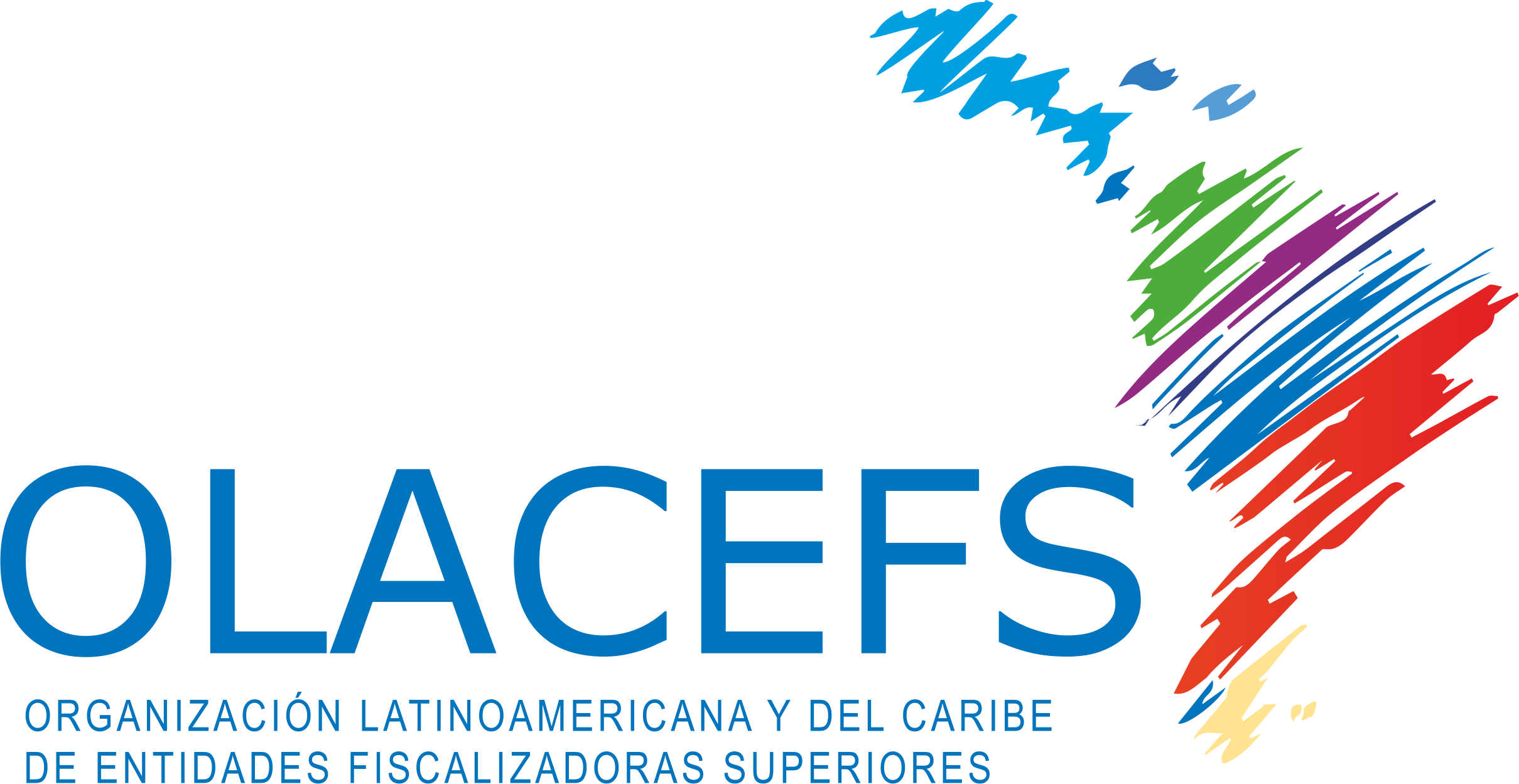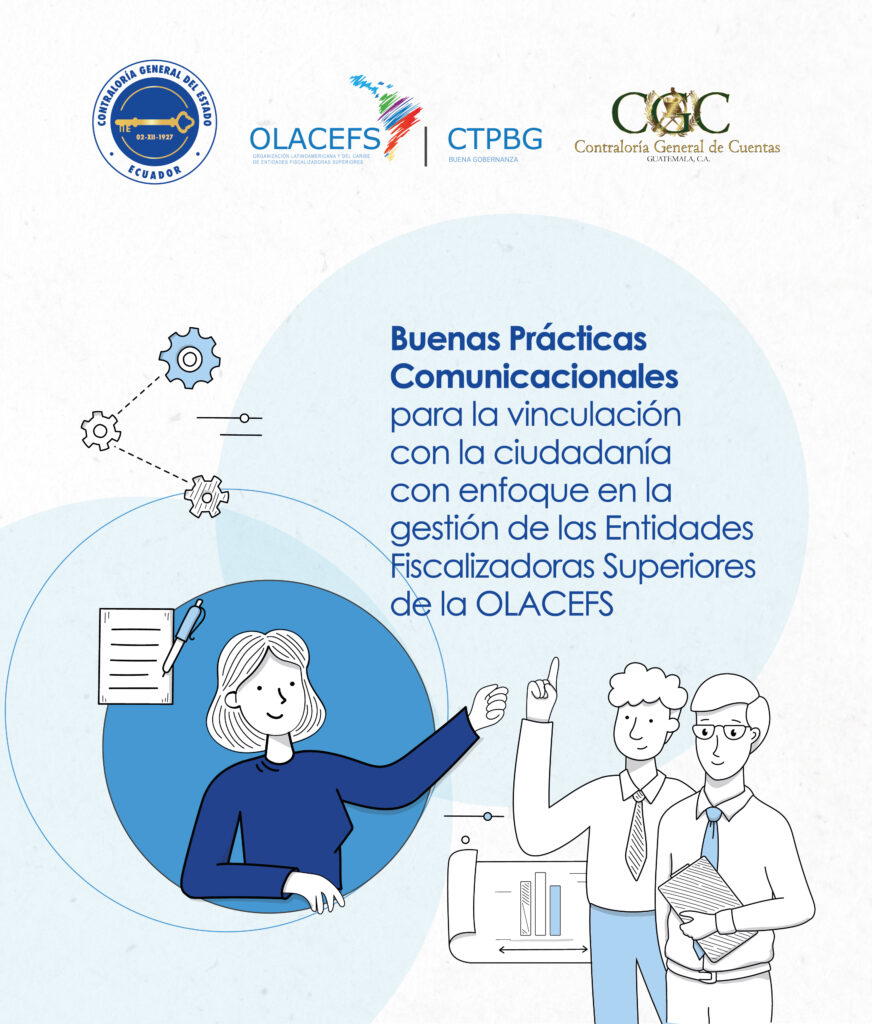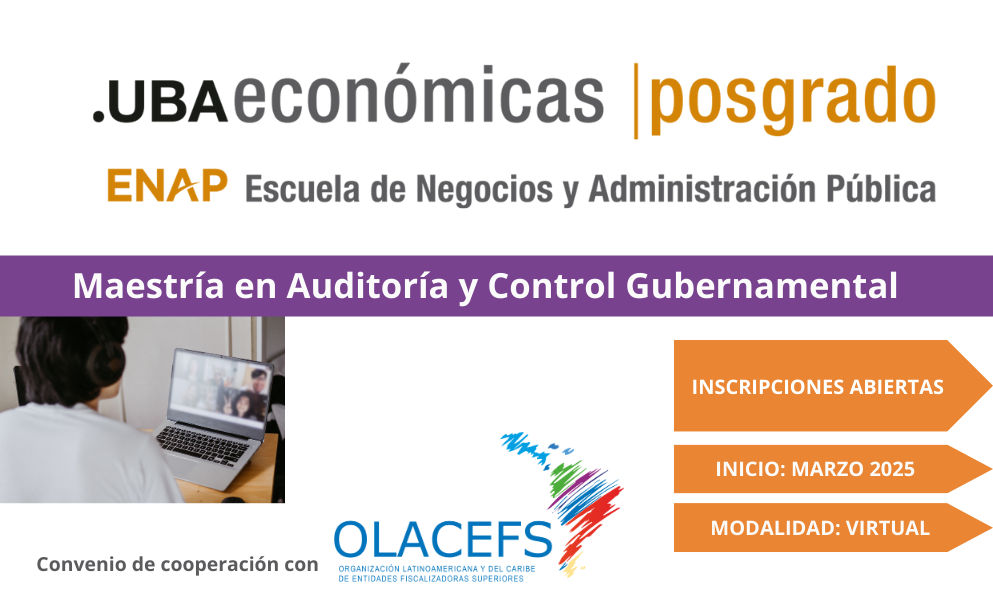The Gender, Inclusion, and Diversity Observatory of the OLACEFS Working Group on Gender Equality and Non-Discrimination presents the results of the second survey on the impact of the COVID-19 crisis on the staff of OLACEFS member SAIs.
This second version aims to renew some data collected in its first edition in 2020, concerning the consequences that the pandemic has brought and how it differentially affects the different genders. In addition, it is an instrument that complies with the recommendations of the Gender Equality and Non-Discrimination Policy of the GTG.
The survey was available between March 8 and April 29, 2022, where 6,514 people from 18 SAIs in Latin America and the Caribbean participated.
The document first analyzes the working conditions of civil servants, considering the work method, workload, and workplace violence. Secondly, aspects of the personal life of civil servants are studied, specifically the delimitation of working life, the care of dependents, domestic violence, and/or mental health.
Among the relevant results, it is found that, of the civil servants who responded to the instrument, 70.9% have already returned in their entirety to the offices of their institution, 20.8% still have a hybrid modality and only 8.2% are currently teleworking. In the latter two cases, people indicated that 24.4% do not have a quiet, comfortable, and noise-free space to work. Likewise, after two years of the pandemic, only 37.6% of the people who answered the survey mentioned that they have been quite successful in reconciling their work and personal lives.
To view the full report, enter here





